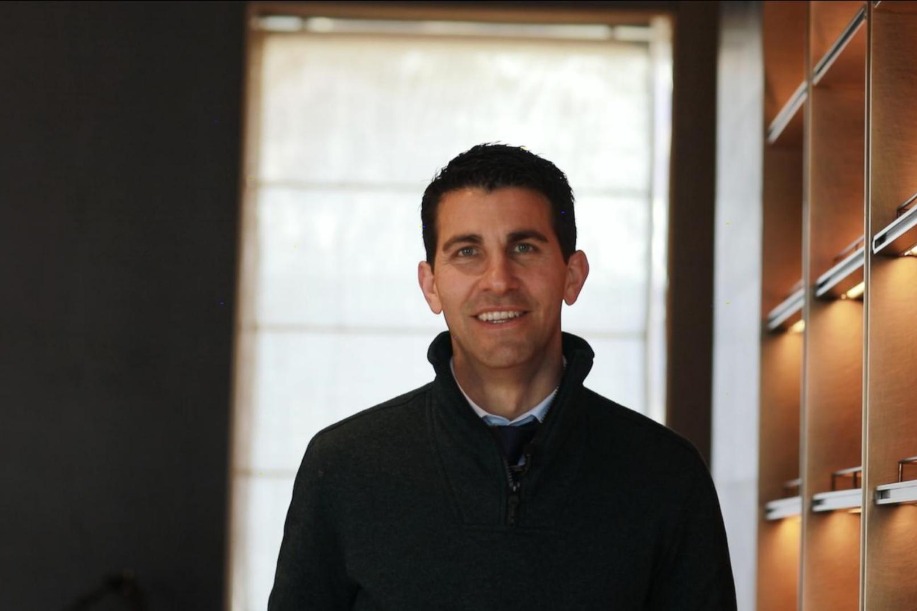Investors have eyes on wrong target, says expert

Foreign companies aiming to break into China's senior industry by opening and running senior-care facilities are probably taking a wrong-headed approach, and should be looking at closely related businesses, an expert on the industry says.
Bromme H. Cole, author of Enter the Ageing Dragon, believed to be the first English-language book that looks at China's senior care industry, says that it is extremely difficult to make money building and managing senior care facilities.
"If you are a nurse you don't make a lot of money, and the facility is not making a lot of money. Whether you are in New York, in London or in Sydney, healthcare for all people is low-margin business. It's a global truth. If you want to make money in China, my answer is: not in facilities, not in service, but in tangential businesses."
Such businesses are closely related to facilities and service. For example, Cole has developed an app called Care Tiger, which nursing home heads can use to monitor care workers' performance.
Cole, an American, has worked in the senior care industry for more than 25 years. In 2008 his business suffered a downturn because of the global recession, and he traveled to China as the industry in the country started to grow. His company, Hampton Hoerter Healthcare, with offices in Hong Kong, Shanghai and New York, now provides consultancy to foreign companies that want to enter China.
In 2009, as he watched the birth of China's senior care industry, he decided to travel throughout the country looking at different aspects of the industry. In Shenzhou, Hangzhou, Chongqing, Guizhou and many other cities, he visited senior care homes and interviewed managers and care workers and wrote a blog about it all. These blogs later formed the basis of his book, published in August.
Cole says it is very difficult for foreign companies to open senior care homes in China. For example, a foreign company's way of doing senior care will be based on the laws and regulations of the country in which it is located, and in China its approach is likely to be very different to what is required for the local market.

Different fundamental concepts also make partnerships between local companies and foreign companies problematic, he says, as both parties have different expectations about senior living, and how to manage homes.
Even the way that US trainees touch or talk to older people is different to the way Chinese nurses do so, he says.
Another difficulty for the foreign firms will be in finding suitably qualified professional care workers, because few care workers in China have received proper training, and few foreign nurses speak Mandarin.
In high-end homes, which have proved particularly attractive to investors recently, Cole warns that there is surplus supply at the moment.
In fact, the industry is highly disorganized, with companies building very expensive homes that are not really needed, he says. In fact, it is at the low end that demand is not being met.
Cole says people who need care now are highly thrifty, but are more willing to spend on babies rather than on the aged.
"The baby care industry has grown 55 percent a year since 2009, compared with just 6 percent a year in the seniors industry.
"My partner's father is 81 years old and needs to go to an aged care facility, but his father says 'No. Why spend so much money to send me to a facility? Give the money to my grandson and keep me here."
Cole says this is one of the main reasons that many high-end homes have big vacancy rates in China.
Among the tangential businesses that are particularly lucrative at the moment are furniture sales, app development and consulting, he says.
His app Care Tiger, which has been on the market for six months, has three functions: educating care workers, appraising their performance and comparing work performance against industry benchmarks.
Cole's company also provides help to companies already in the senior care industry. The company has been growing by about 40 percent a year, he says.
(China Daily European Weekly 11/07/2014 page14)
Today's Top News
- 17 rescued Filipino crew members transferred
- Finnish PM arrives in Beijing for official visit
- Beijing leads Chinese cities in number of registered AI models
- WHO chief says US reasons for withdrawal 'untrue'
- Xi congratulates Yoweri Museveni on re-election as president of Uganda
- Senior military officials under investigation






























